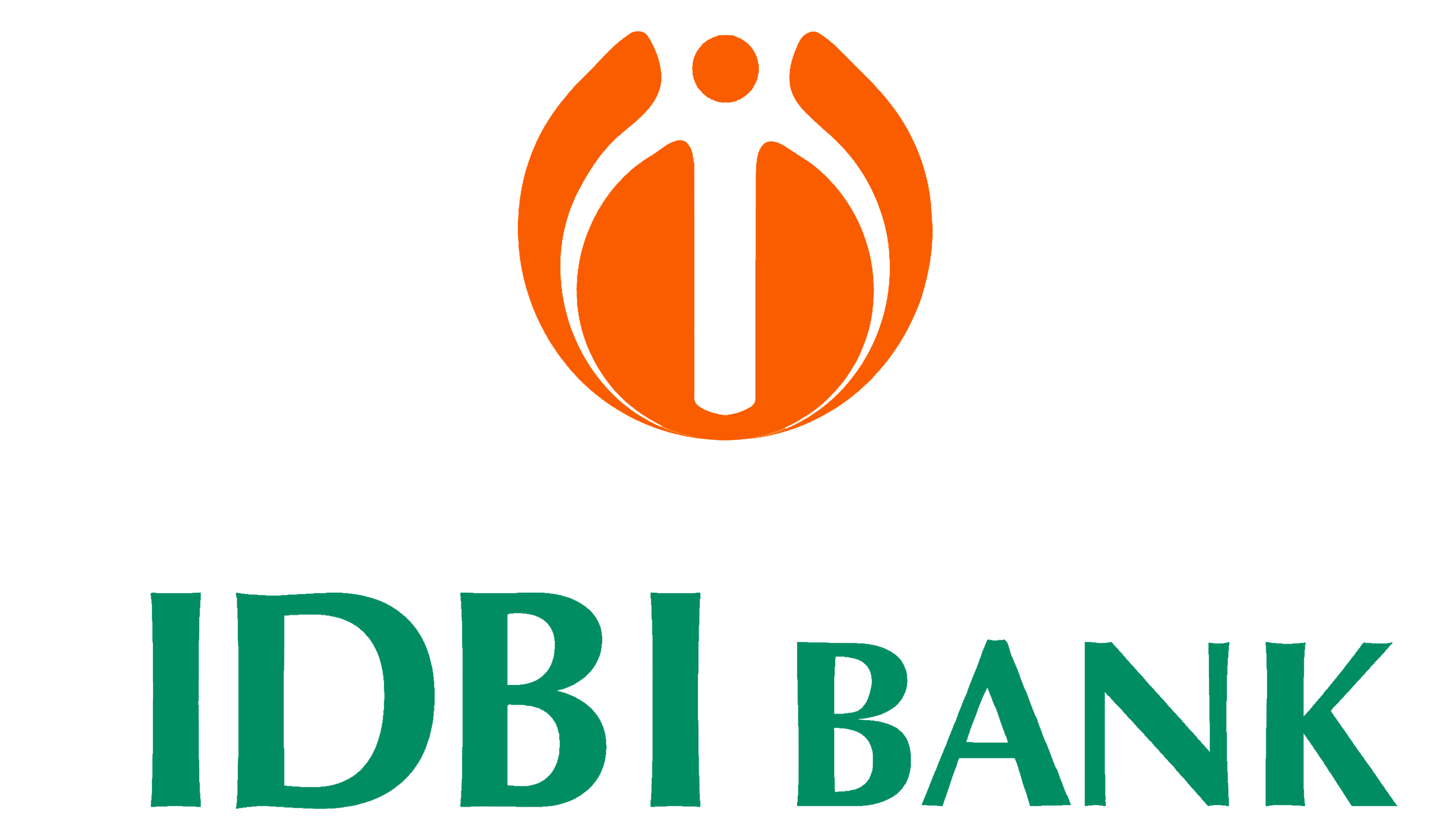1. Legal Recognition: Regular ROC compliance safeguards the legal identity of the FPC under the Companies Act, 2013, enabling it to operate lawfully and without administrative interruptions.
2. Enhanced Financial Transparency: Timely filing of financial statements and returns ensures a clear and accountable financial trail, building credibility with stakeholders, partners, and regulatory bodies.
3. Access to Government Schemes: Compliant FPCs become eligible for various central and state-backed initiatives, including agricultural subsidies, funding support, and capacity-building programs.
4. Avoidance of Legal Penalties: Adhering to filing timelines protects the company from late fees, penalties, and serious consequences like director disqualification or company strike-off.
5. Boost in Member and Investor Confidence: Consistent compliance reflects sound governance and operational discipline, increasing confidence among shareholders, potential investors, and lenders.
6. Stronger Corporate Governance: Mandatory filings promote internal structure and accountability through regular board meetings, proper documentation, and effective decision-making.
7. Simplified Access to Finance: A compliant FPC is viewed as more credible by financial institutions, making it easier to obtain loans, credit facilities, or grant approvals.
8. Expanded Market Reach: Maintaining compliance opens doors to new business opportunities, allowing FPCs to collaborate with government bodies, private companies, and institutional buyers.
9. Operational Stability and Continuity: Continual ROC filings help maintain “active” status on the MCA portal, ensuring uninterrupted operations and long-term business sustainability.
10. Audit and Inspection Preparedness: Accurate and updated ROC records equip the FPC to handle audits, compliance inspections, and due diligence reviews with ease and confidence.














